Kalamandalam Kalyanikutty Amma – ‘Mother of Mohiniyattam’, Kerala’s traditional dance form
Kalamandalam Kalyanikutty Amma (1915–1999) was a legendary artist of Kerala’s traditional dance form, Mohiniyattam. She is often addressed as ‘Mother of Mohiniyattam’. She played a magnificent role in promoting this art form which would have rust long back if not taken proper measures. She gave a formal structure and ornamentation to this art form, and also added ‘Bhakti’ element to it, till then known to be art form of ‘Sringaram’ only. Her husband Kalamandalam Krishnan Nair was a renowned Kathakali artist. Her son Kalasala Babu is a film actor, while her daughter Sreedevi Rajan and granddaughters – Sandhya Rajan and Smita Rajan are Mohiniyattam artists, known for renovating this art form through new techniques.
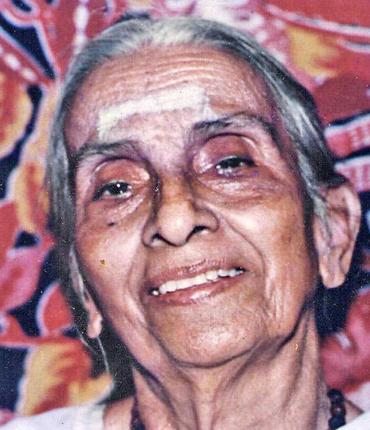
Kalamandalam Kalyanikutty Amma hails from Thirunavaya. She joined Kalamandalam to study Malayalam Vidwan course. She was also in search of a few manuscripts at the institute for her MA Sanskrit course. She was interested in literature, sports, and yoga before joining this art institute, and her conservative family didn’t allow her to take dance forms. However Vallathol Narayana Menon convinced her to join Mohiniyattam class and she was one of its early batch students. She learnt Mohiniyattam from Krishna Panicker Asan who was then 78 and gave her first public performance in 1939. She also learnt Kathakali from Kalamandalam Krishnan Nair and Pattikamthodi Ravunni Menon.
Later not only did she mastered this dance form, but also gave this nearly extinct art form a new dimension which younger generations still follow. After completing her studies at Kalamandalam, she was given the responsibility to revive this art form by none other than Vallathol while he was in his death bed. She conducted extensive research works and also travelled across Kerala for this purposes. She also visited many temples and talked with devadasis (who traditionally performed this art form till then) to gather more information.
Kalamandalam Kalyanikutty Amma – Some interesting and less-known facts
1. She was one of the early batch students of Kerala Kalamandalam, and her artistic talents were well promoted and encouraged by Vallathol, the great poet and the founder of arts institution.
2. She gave a new structure to Mohiniyattam and also choreographed many wonderful pieces.
3. She wrote and choreographed a Padam named ‘Varika Varika Sakhi’ which includes all the 9 human emotions (Navarasangal).
4. Her daughter tried to link Mohiniyattam with Malayalam literature and has choreographed some of the great works like Nalacharitham Aattakatha, Karnabhooshanam, Sooryakanti, poetry of O. N. V. Kurup in Mohinyattam style.
5. Her granddaughter Sandhya Rajan gives importance to scientific study of this dance form and teaches her students, what each Mudra means.
6. Kalyanikutty Amma owned some of the renowned disciples like Mrinalini Sarabhai, Deepti Omchery Bhalla Milana Severskaya etc, and she taught her daughters too.
7. She authored two books in Mohiniyattam including “Mohiniyattam – History and Dance Structure“.
8. She was bestowed the honour ‘Kavayithri’ by Vallathol Narayana Menon.
9. Along with the great names of Swathi Tirunal and Vallathol Narayana Menon, her name is also credited to renovating this dance form.
10. She received Kerala Sangeetha Nataka Academy award and Kendra Sangeetha Nataka Academy award, both in 1974, and was also a recipient of Kendra Sangeetha Nataka Academy fellowship.
11. She met her future husband for the first time at Kalamandalam, when Krishnan Nair, a residential Kathakali teacher then, presented “Poothana moksham” before her. Then she was quite young and when the renowned artist depicted Poothana, she could not bear to watch the latter portion of this piece, and left before the item was over.


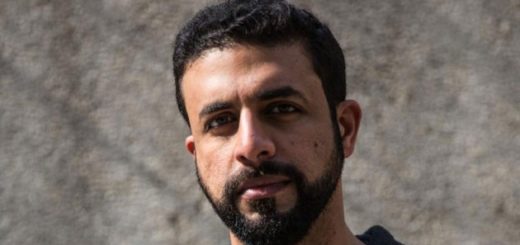
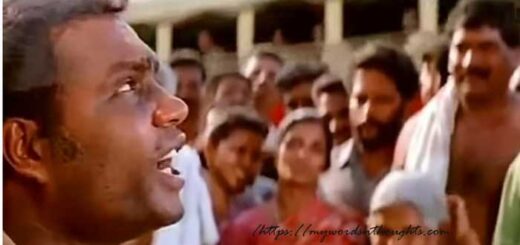
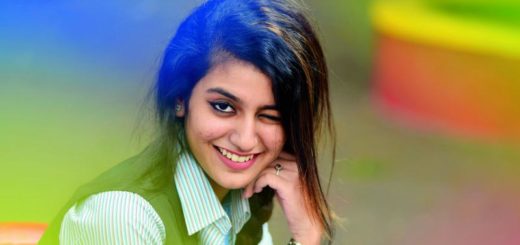

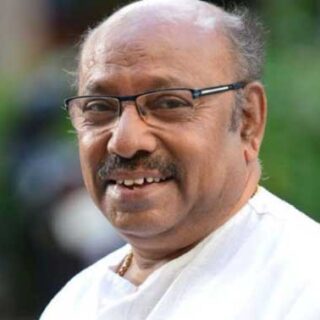

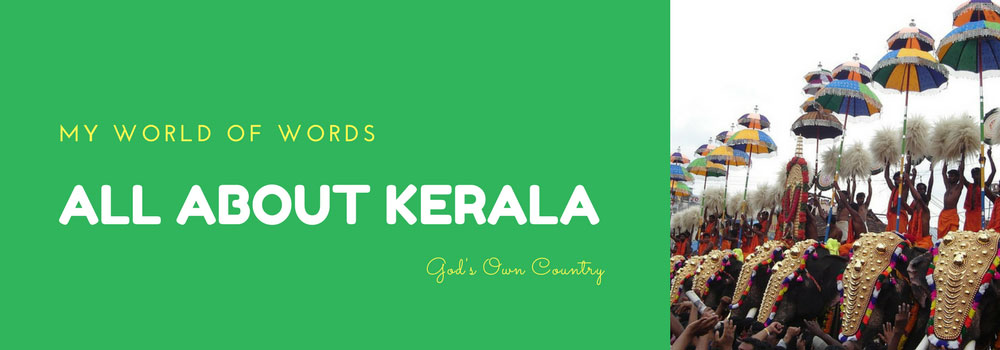
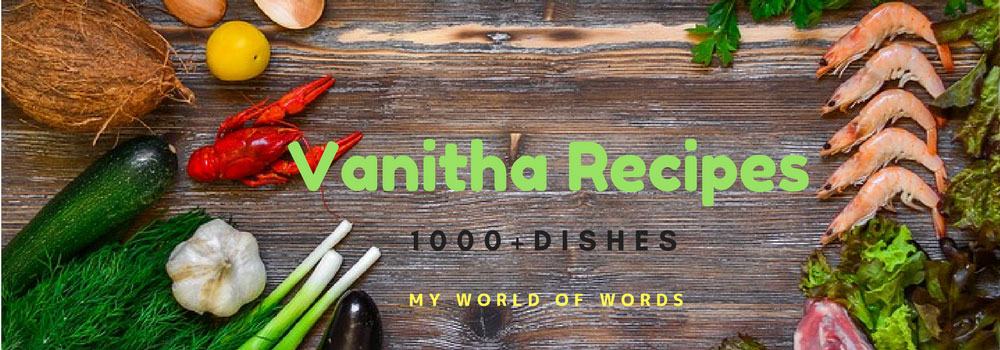
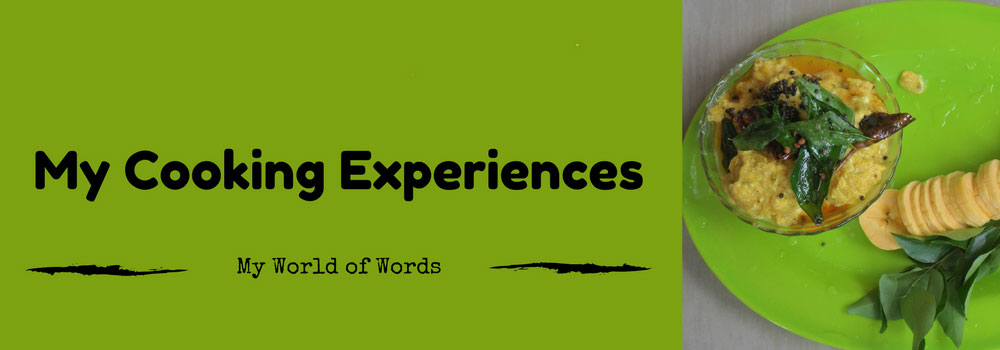


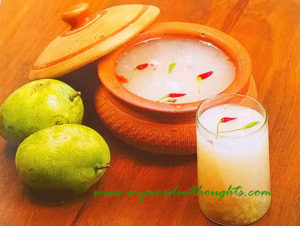
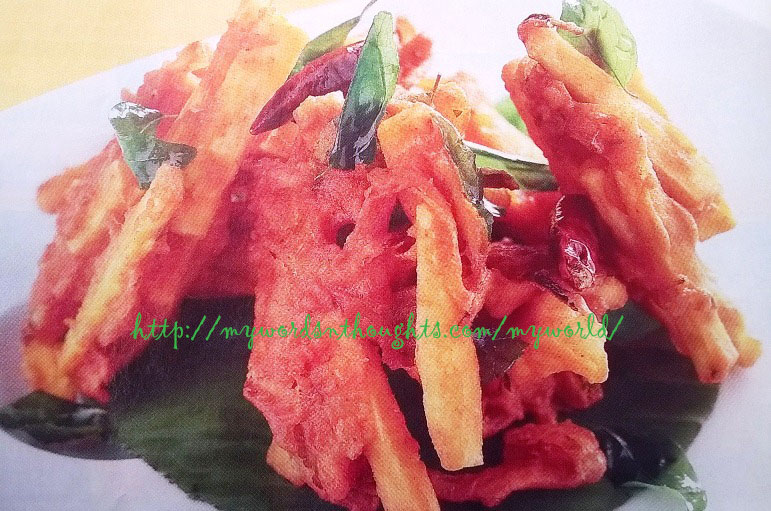
Thanks for the information
Thank You… Plz go through biographies section to read a few more profiles belonging to different professions
Good to have information about this doyen of Malayalam dance for’Mohini Attam’. Thank you for the details.
welcome